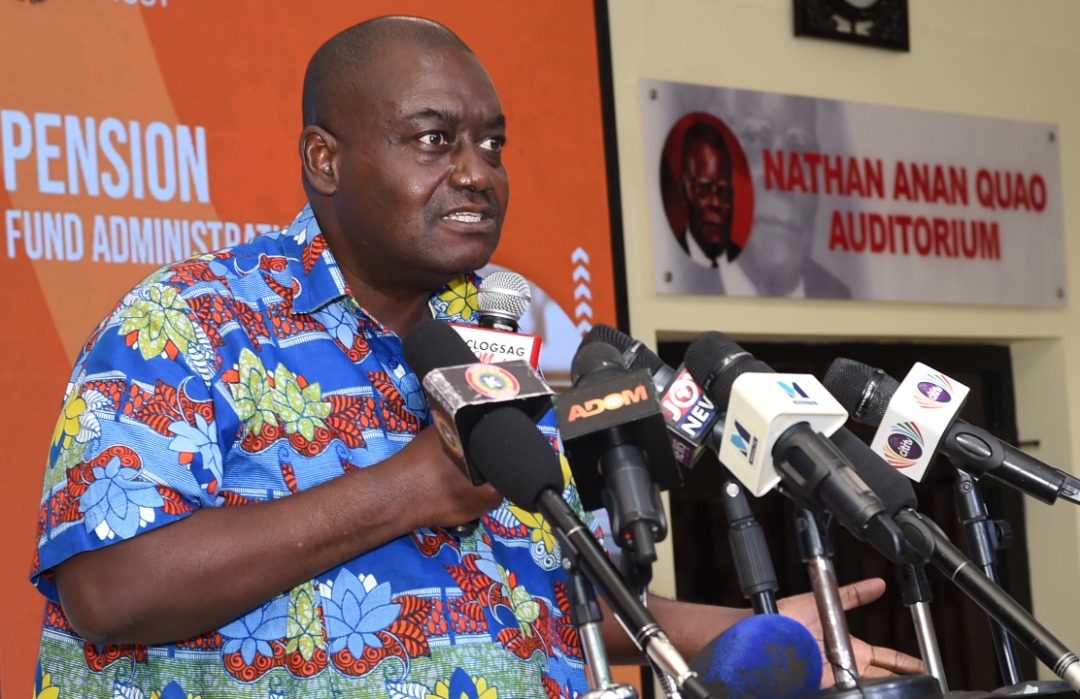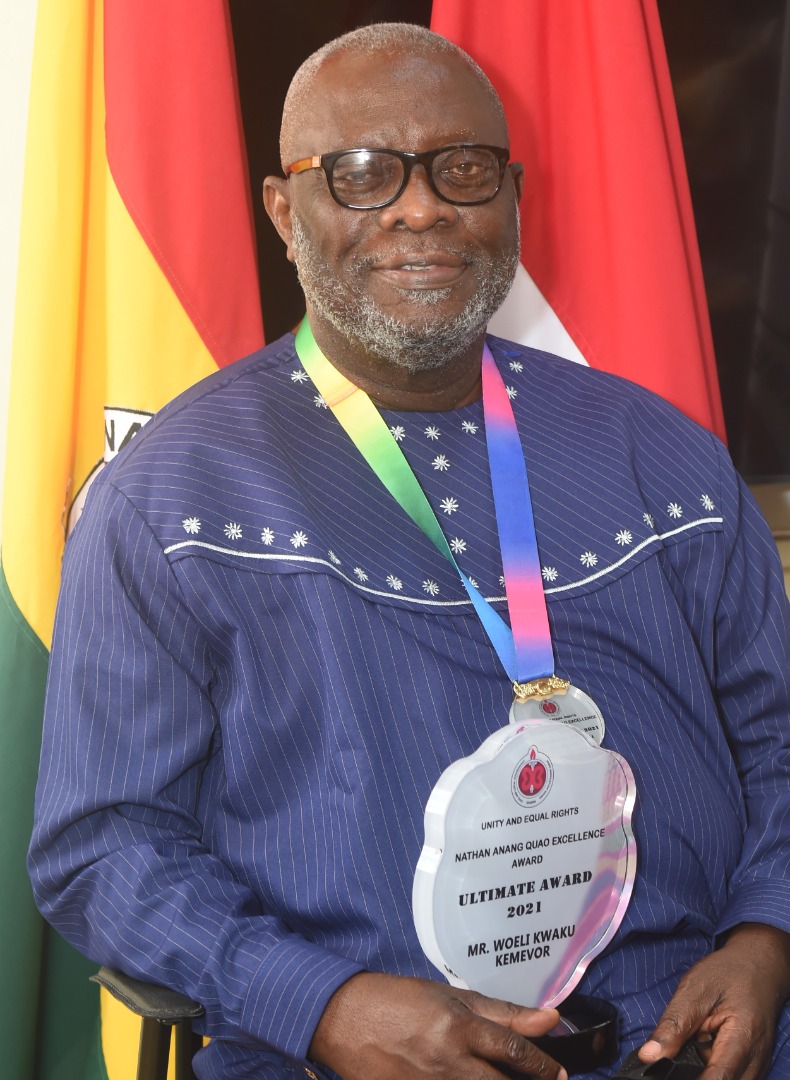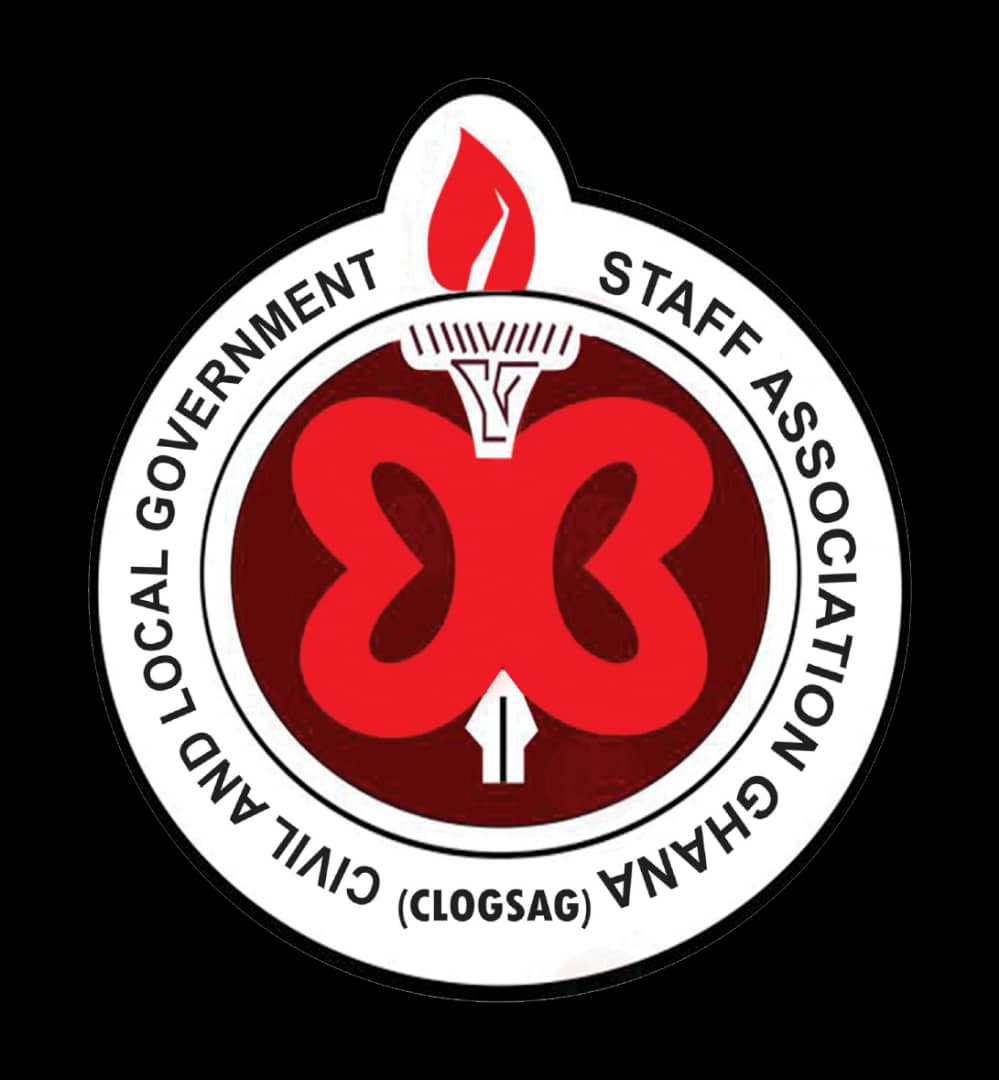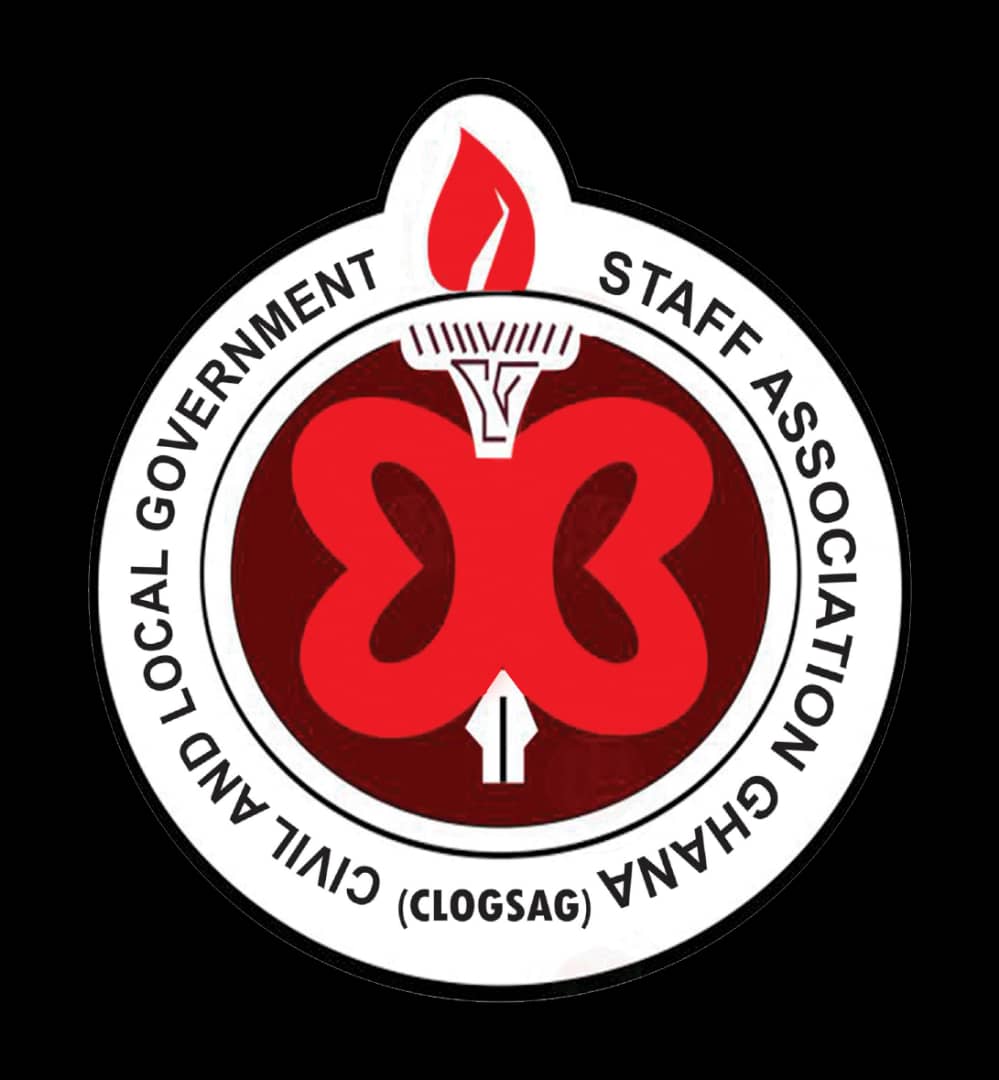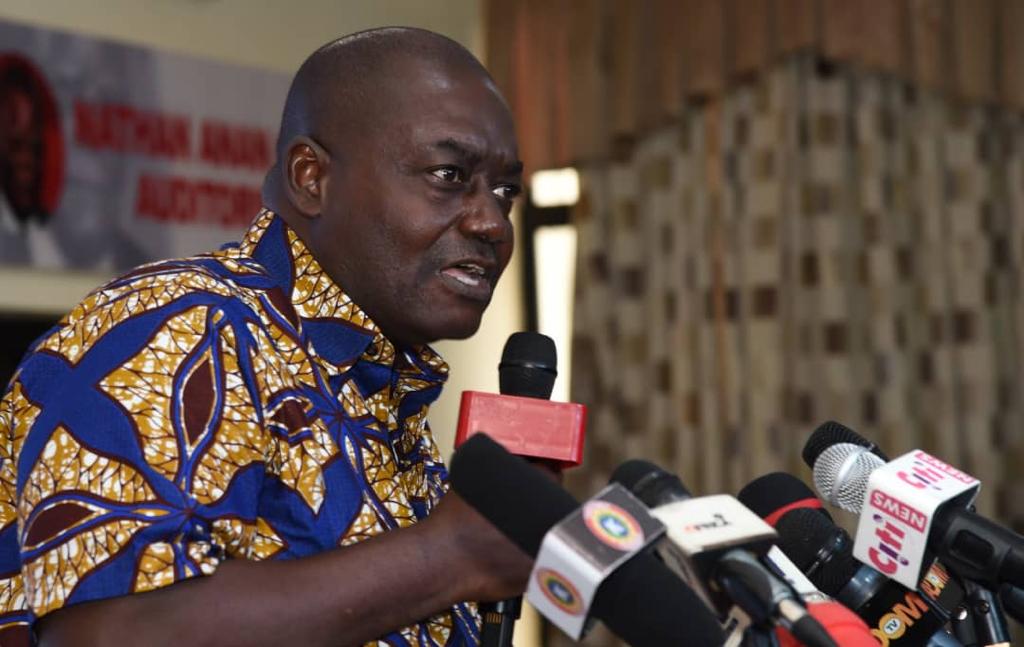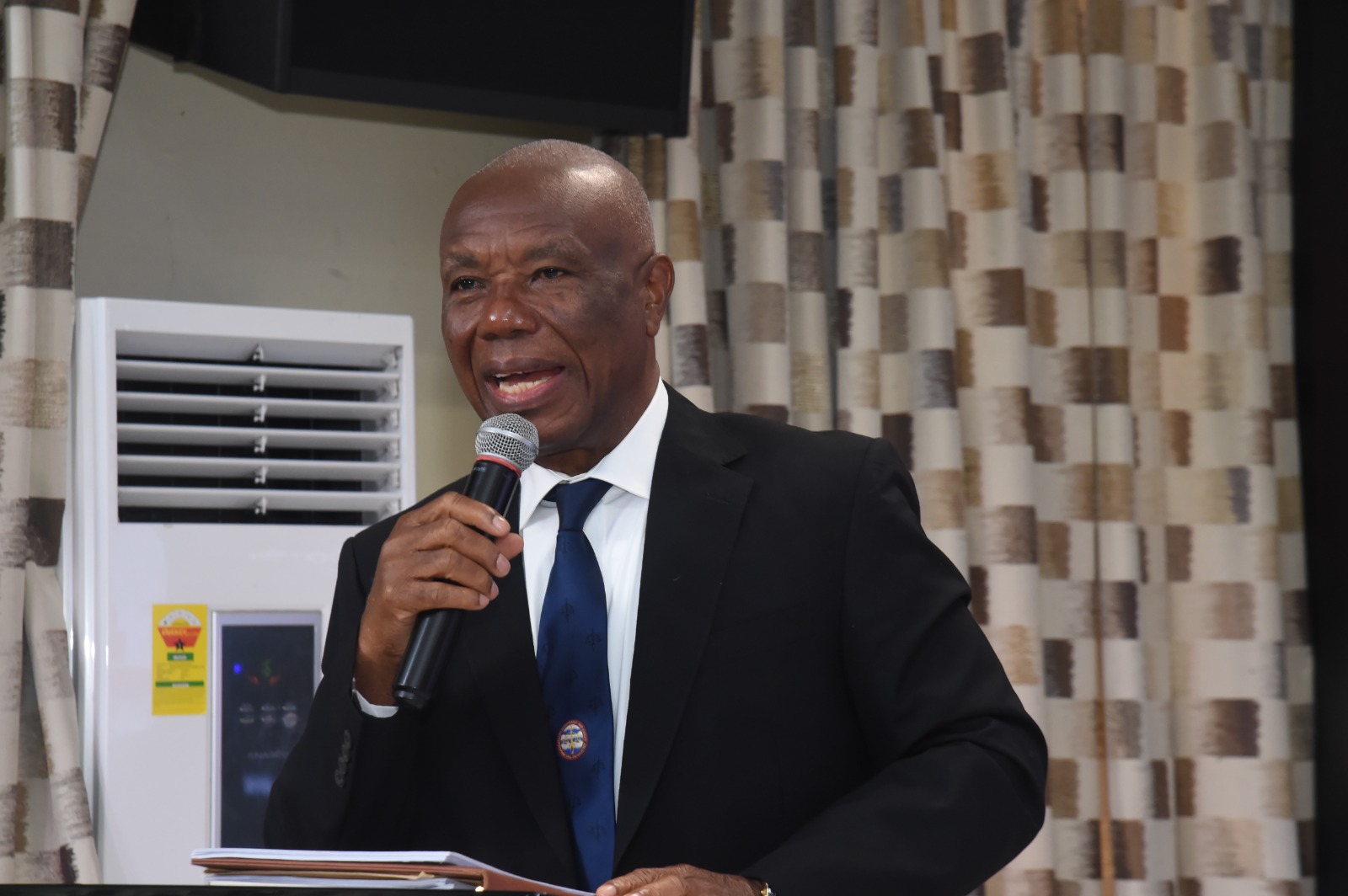
 3rd October, 2023
3rd October, 2023
News
Procedures to amend Presidential Office Act 1993 cumbersome – Justice Dotse
A
retired Justice of the Supreme Court, Justice Jones Victor Mawulorm Dotse, has
explained that amendment of provisions referred to as “entrenched provisions”
in the 1992 Constitution of Ghana involves elaborate and cumbersome procedures.
He further said that the Presidential Office Act 1993 (Act 463) is part of the provisions captured under Chapter 8 of the 1992 Constitution, labelled as “Executive”, thus, an entrenched provision.
Justice Dotse was delivering a
Paper under the theme; “Constitutionality
of the Presidential Office Act 1993, (Act 463)” at the 6th Nathan Anang Quao Annual Lecture and Excellence Awards,
2023, organised by the Civil and Local Government Staff Association, Ghana
(CLOGSAG).
Making reference to comments
by Supreme Court Judges on the application and interpretation of Act 463 by the
Supreme Court in the case of Mr. Martin Amidu v President Kufuor and Others (2001-2003)
SCGLR 86, the retired Justice maintained that “the Presidential Office Act 1993
(Act 463) has been properly passed by Parliament and is thus consistent with
the Constitution”.
He however, maintained that
the law in its current form gave the President of the day “extreme laxity” to
do as he pleases while in office.
“The question that begs for an
answer is whether such an entrenched provision of the Constitution i.e. Article
71 provisions can be made part of an Act of Parliament the way it was
handled?”, he quizzed.
In a concluding remarks,
Justice Dotse recommended that CLOGSAG could lead advocacy for the amendment of
the Act, despite the elaborate and cumbersome procedures involved.
“May be lobbying and advocacy
with relevant government agencies with a view to lessen and reduce the effect
of the operations of Act 463 on the fortunes of Civil and Local Government
staff in the Service might be more productive”, he hinted.
Touching on the issue of
ex-gratia and putting the records straight, the retired Justice stated
unequivocally that Judges in Ghana do not take ex-gratia as perceived in the
public domain.
He explained that Judges have
permanence in the delivery of their roles until they reach the compulsory
retirement age.
He added that payment of
ex-gratia was constitutional and political officeholders are beneficiaries of
the payments as they serve under fixed terms, typically four years, before
leaving office.
Speaking at the event, the
Secretary-General of the Trades Union Congress (TUC), Dr. Anthony Yaw Baah,
disclosed that the union has put measures in place to seek legal interpretation
at the Supreme Court over Act 651 which bars officers of Security Agencies’
from unionizing.
“The TUC is going to court on
a number of things. If you look at the first part of Act 651, the scope of the
law limits unionization. For example, Immigration Officers, Prison Officers,
the Police and so on, cannot join or form a union to defend their interests”,
he said.
Adding, “We think that is
unconstitutional and so we have already instructed our lawyers to go to Supreme
Court on this matter”.
For his part, the Deputy
Minister, Ministry of Employment and Labour Relations, Hon. Bright
Wireko-Brobbey, called on the TUC to rescind its decision to take legal action
on the matter.
He added that there is a need
to consider changes in the world of work, among other pertinent factors before
undertaking such action.
“Be sure that you are taking
into consideration how the world of work has metamorphosed”, the Deputy
Minister stressed to the TUC.
According to him, the law is
undergoing review with eminent people such as Organised Labour, Employers,
Government, Lawyers, Attorney-General and Consultant, involved in the process
which will be put before Parliament for consideration.
